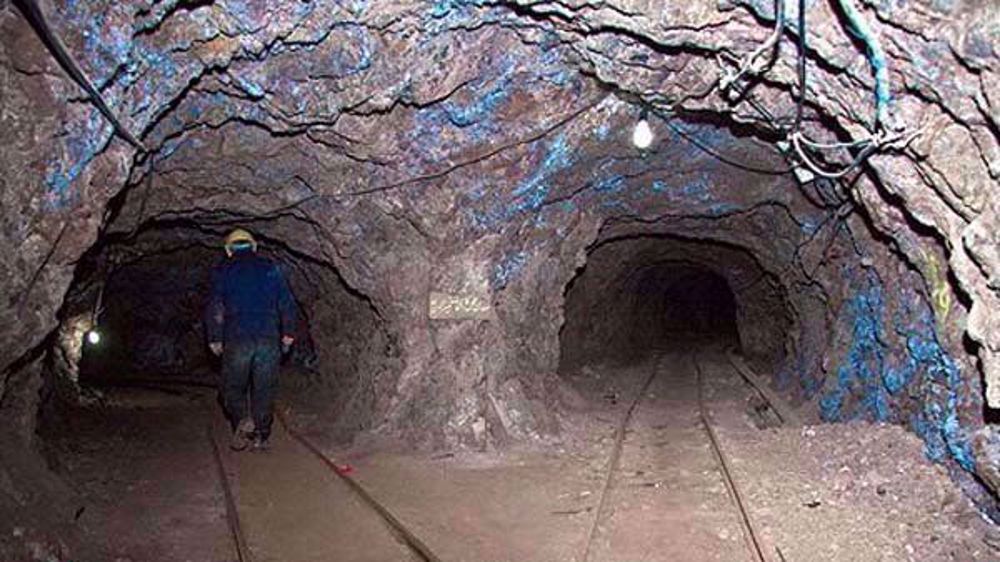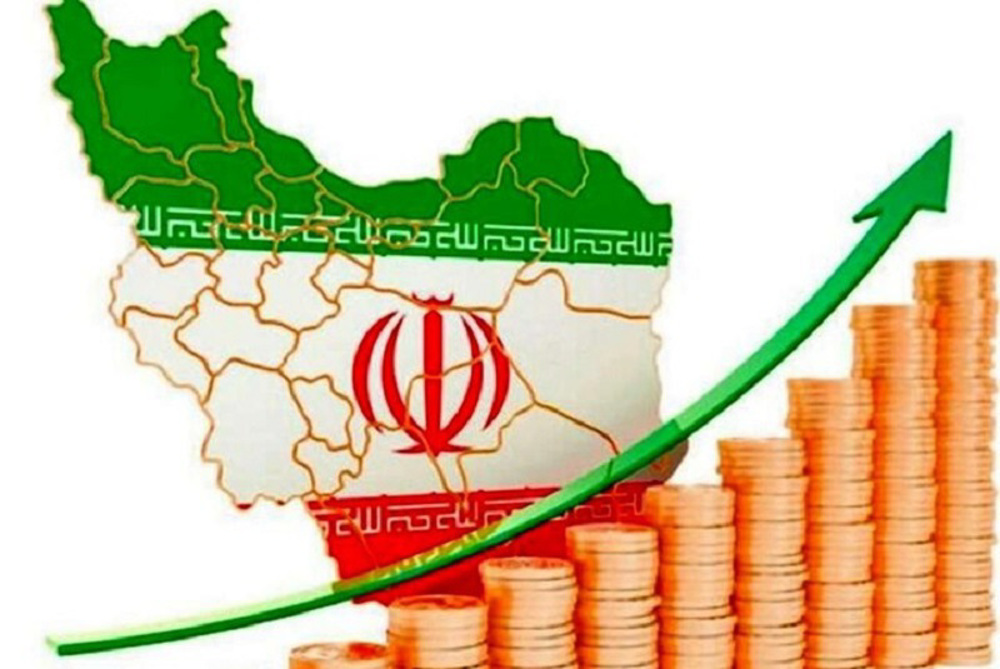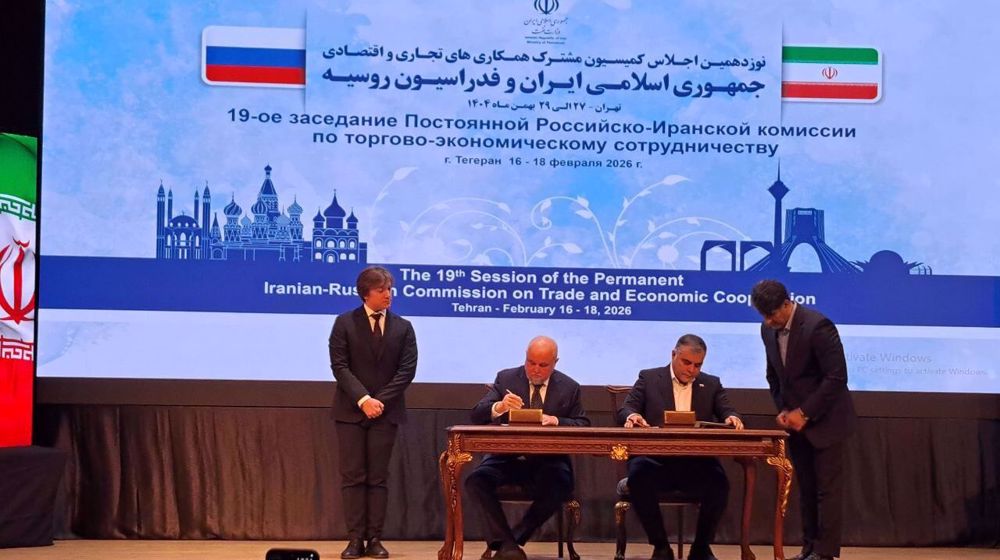New alarm US investors miss Iran deals
A new warning has been given to US businesses that they will lose what is expected to become a fierce rivalry with Europeans to set a foothold in the vast Iranian consumer market.
The New York-based hedge fund Greylock Capital Management has announced that US investors are at risk of getting shut out of deals in Iran while their European competitors get a head start on billions of dollars in opportunities unlocked by the lifting of international sanctions.
“It seems like the US might miss this opportunity because the Europeans are going to move regardless,” Hans Humes, Greylock’s chief executive officer and chairman who traveled to Iran in June, said in an interview in Mexico City.
“It almost doesn’t matter what the US does because once it starts opening up to Europe I think the economy in Iran will start to move,” Bloomberg has quoted Humes as saying.
Foreign investors and multinationals are lining up to return to Iran after last year’s historic nuclear deal led to the lifting of international sanctions in January. Until then, firms were prevented from transferring money in and out of the Islamic Republic, whose $370 billion economy is projected to grow 5.8 percent this year, Bloomberg added.
While European companies like German automaker Daimler AG and France’s Airbus Group SE have already signed deals, American citizens and companies remain limited because the US has kept some of its own restrictions tied to accusations of terrorism and human rights abuses.
Changing the Treasury Department’s Iran policy toward processing payments would “open things up,” said Humes. His New York-based hedge fund, which oversees about $1 billion, focuses on distressed and high-yielding emerging-market debt.
Humes sees the biggest opportunities in Iran’s energy, infrastructure and corporate services. He said that the investment opportunities may be worth “multiple tens of billions” of dollars in the next five to 10 years, assuming political stability.
Iran’s main stock gauge, the TEDPIX Index, advanced 27 percent in 2016 through Sunday to close near the highest level in about two years.
Europe is likely to get in first with banks there hopefully starting to ramp up transactions with Iranian lenders in the next year, Humes said. Meanwhile, the entrance of US institutional investors still likely two to three years away, he added.
“Everybody sees the opportunity in Iran,” he said. “It’s going to happen and the trigger for that will just be the payment system opening up.”
Bahraini police assaults crowds mourning loss of Ayatollah Khamenei
Iran posed no imminent threat to US: Pentagon tells Congress
Iran will hold no negotiations with US: Larijani
Despite Leader's martyrdom, Islamic Republic firmly in control and punishing the enemy
At least 31 killed in Israeli aggression on southern Lebanon after Hezbollah strikes
Iran writes to UN, warns about dire consequences for perpetrators following Leader's martyrdom
Hezbollah strikes occupied Haifa in retaliation for Leader's assassination
Ansarullah mourns Leader's martyrdom as 'great loss' caused by 'most wretched terrorists'










 This makes it easy to access the Press TV website
This makes it easy to access the Press TV website